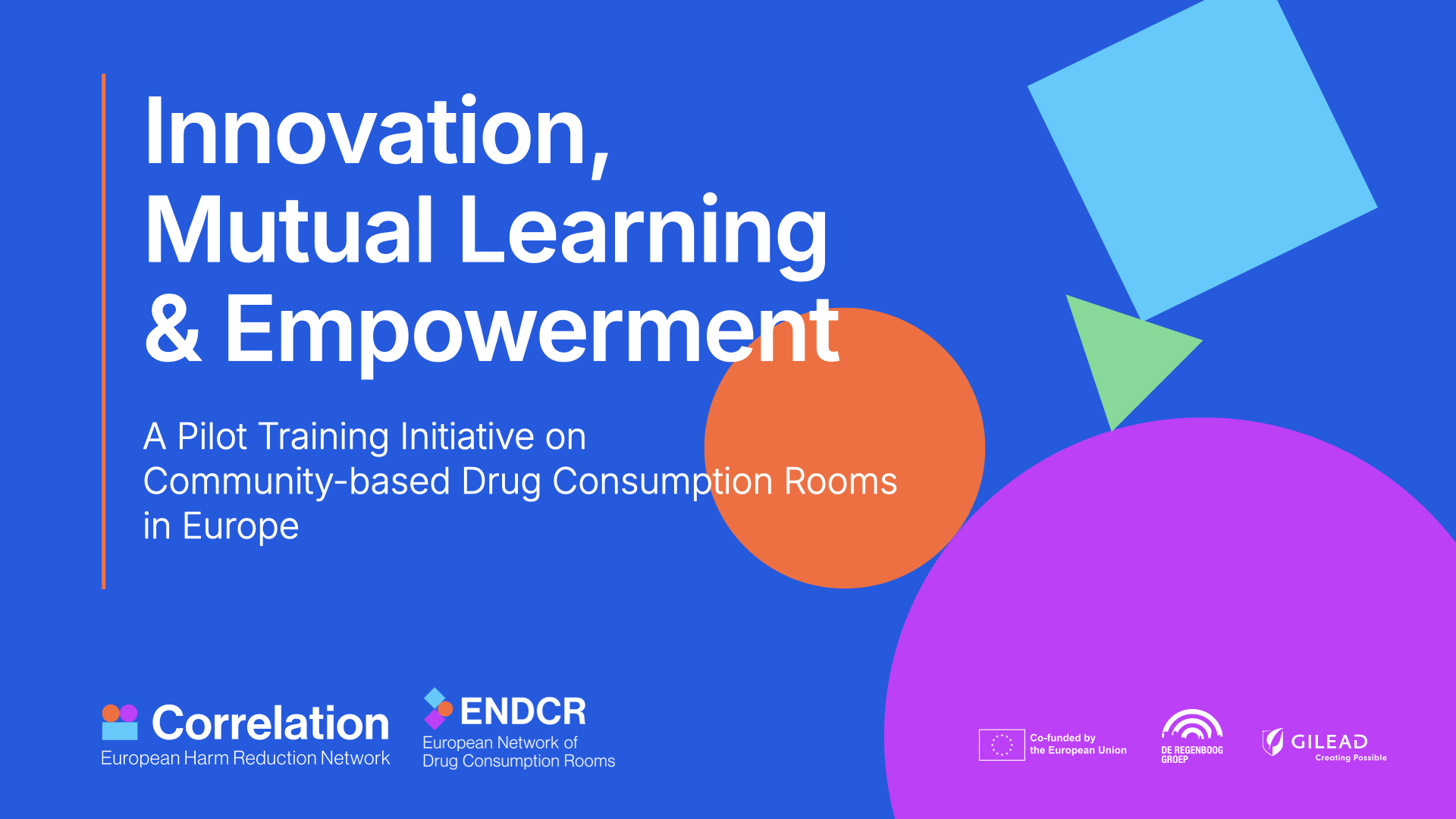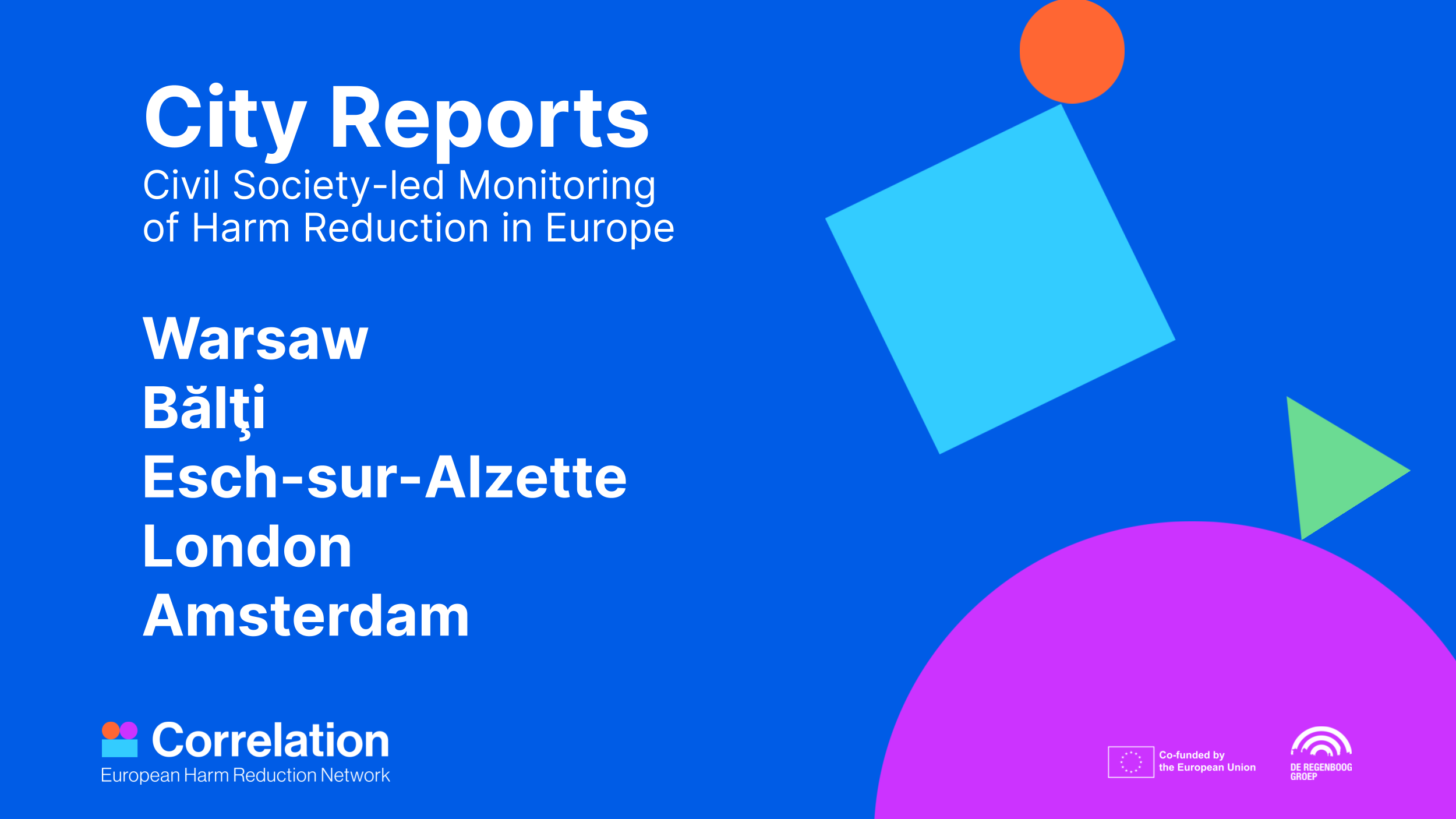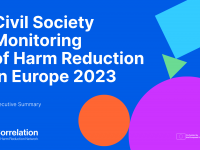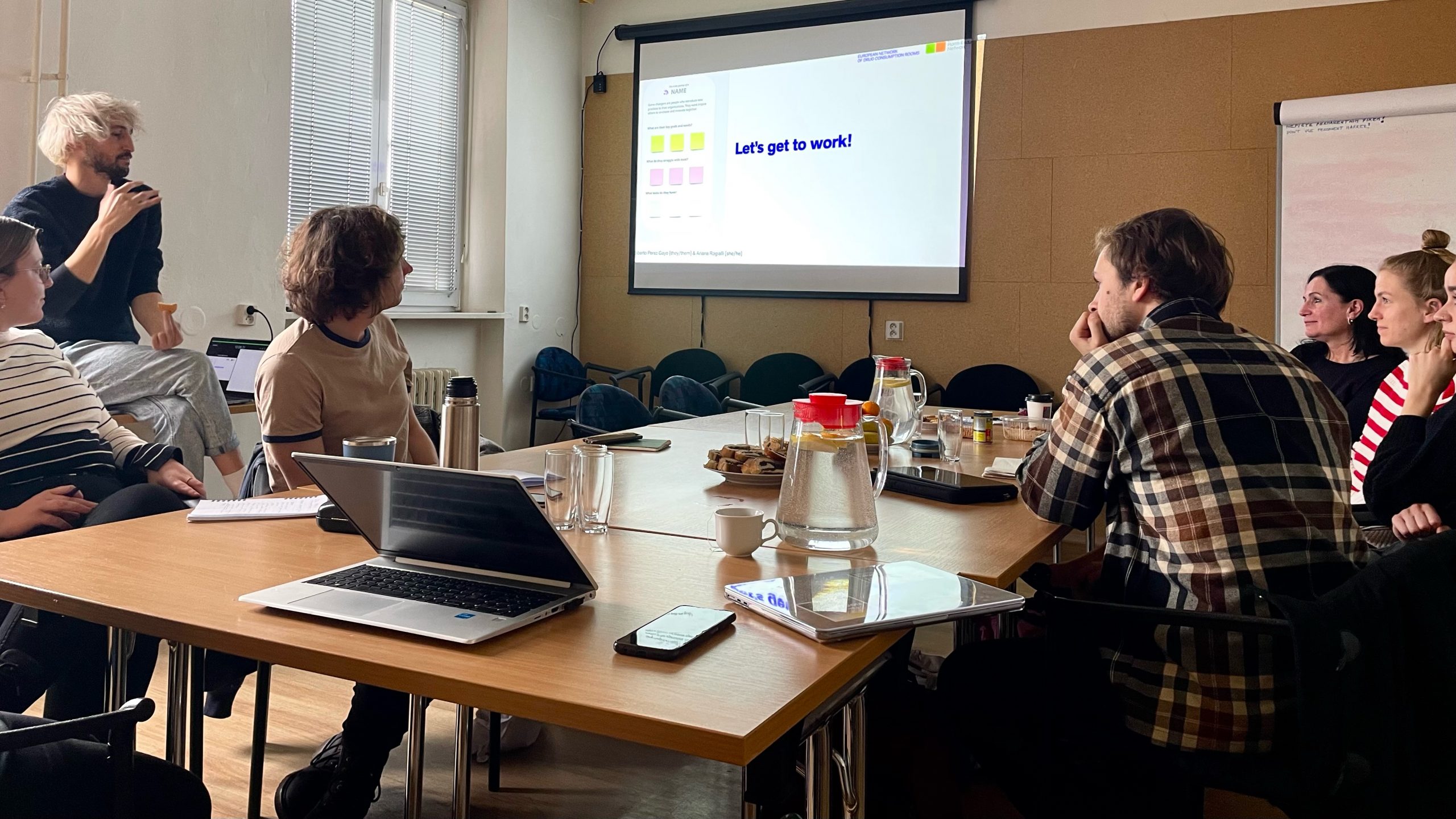

Multiple authors
Multiple countries

Implementing a Drug Consumption Room (DCR) reveals a nuanced landscape where practical considerations and negotiations often need more attention despite their equal complexity. These considerations involve, amongst others, the strategic designing of care support services, the development of supportive environments and day-to-day operations, encompassing the articulation and enhancement of procedural protocols to effectively respond to the unique context, needs, preferences and values of the served communities.
These challenges become particularly pronounced when establishing a DCR for the first time in regions with high drug-related fatalities or limited resources. Moreover, establishing and operating a DCR is ongoing, subject to periodic evaluations of efficacy and legitimacy, to ensure continued optional functionality and societal acceptance.
In 2023, to assist care professionals in Europe contemplating the establishment or improvement of DCRs – including community-based and community-led organisations, programme managers, policymakers, researchers, and other related stakeholders – C-EHRN and the European Network of DCRs (ENDCR) conceptualised and developed an on-site training programme. This programme was piloted in two locations, Ljubljana, in cooperation with the NGOs STIMGA and ŠENT, and Brno, in cooperation with PODANÉ RUCE.
The following report presents an overview of the methodology employed in developing the training programme and a summary of the background, context and outcomes of each pilot training.


Multiple authors

Multiple authors


Multiple authors




